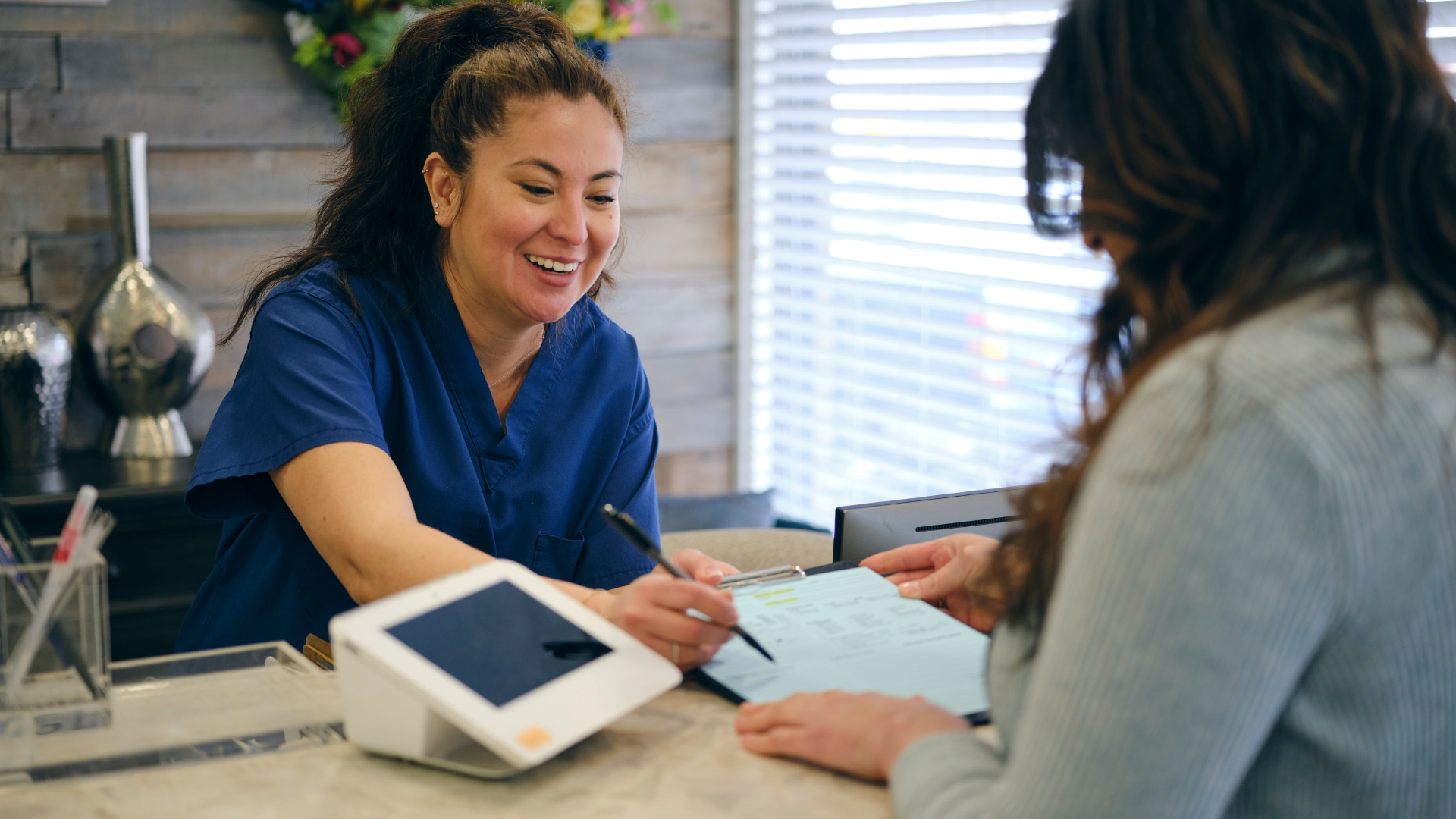Our legal system is old, flawed, and has many broken parts and pieces: all its faults have been laid bare over the last few years. While it may take time, hard work, collaboration, and honesty to address the inequities within the system, there are actions we can take right now to initiate the change required to make it more equitable.
This past summer, I received a summons to serve on one of Cuyahoga County’s grand juries. To be honest, I had hoped I wouldn’t be selected to serve, especially once I learned that grand jury service would be twice a week, plus an additional day every other week.
For four months.
Over those four months of service, I had the chance to see a different side of the legal system, and I was happy I was selected. I heard hundreds of felony cases, where we had to decide whether they should go before the petite (trial) jury, or if they should be to be dismissed due to lack of evidence, or be continued for further investigation.
Facing the facts
The power that those in the room held when deciding cases wasn’t used lightly. As a juror, it was our duty to listen and question testimony and request clarity regarding the legal aspects of the cases presented. And we were good at asking questions.
As a juror, it was our duty to listen and question testimony and request clarity regarding the legal aspects of the cases presented. And we were good at asking questions.
But what does this have to do with racial equity? Plenty. The goal of racial equity is to eliminate racial disparities and improve outcomes for everyone. How does it show up in our legal system? If we do it right, it looks like an equitable representation of you and your community where the laws are applied in a fair and impartial manner.
I had to vote based on the current laws in place in our state, regardless of whether I agreed or disagreed with them.
Sitting in that room and listening to testimony, neither color nor gender could be the reasons I voted a certain way on a case. We’d just listen to the facts, and at times it was hard. I couldn’t vote on a case because I am Black, a woman or a mom. I had to vote based on the current laws in place in our state, regardless of whether I agreed or disagreed with them.
In 2015, in the wake of high-profile and controversial cases, one Cleveland Common Pleas judge described Grand Jury duty this way: “If you don't trust the grand jury system, you're basically saying that you don't trust your neighbors to follow the law. The people who are hearing the evidence and voting are your neighbors. And they take an oath to follow the law."
Legal is not the same as just
Just because it’s the law, that doesn’t mean it’s justice. If we want equal justice, let’s fix the system and the laws it upholds. But to do that, we need to get uncomfortable with some truths, and one of those truths is that many have benefited from our flawed criminal and legal (not justice) system and don’t want to change it.
If you feel uncomfortable, you are exactly where you need to be.
If you feel uncomfortable, you are exactly where you need to be. Being complacent with the status quo is destructive to you and those around you, and there has been a lot of complacency over the years. We’ve looked to others—lawyers, judges, legal advocates—to fix the system and address the problems, but are we willing to do the same? And if we are, what does it look like?








